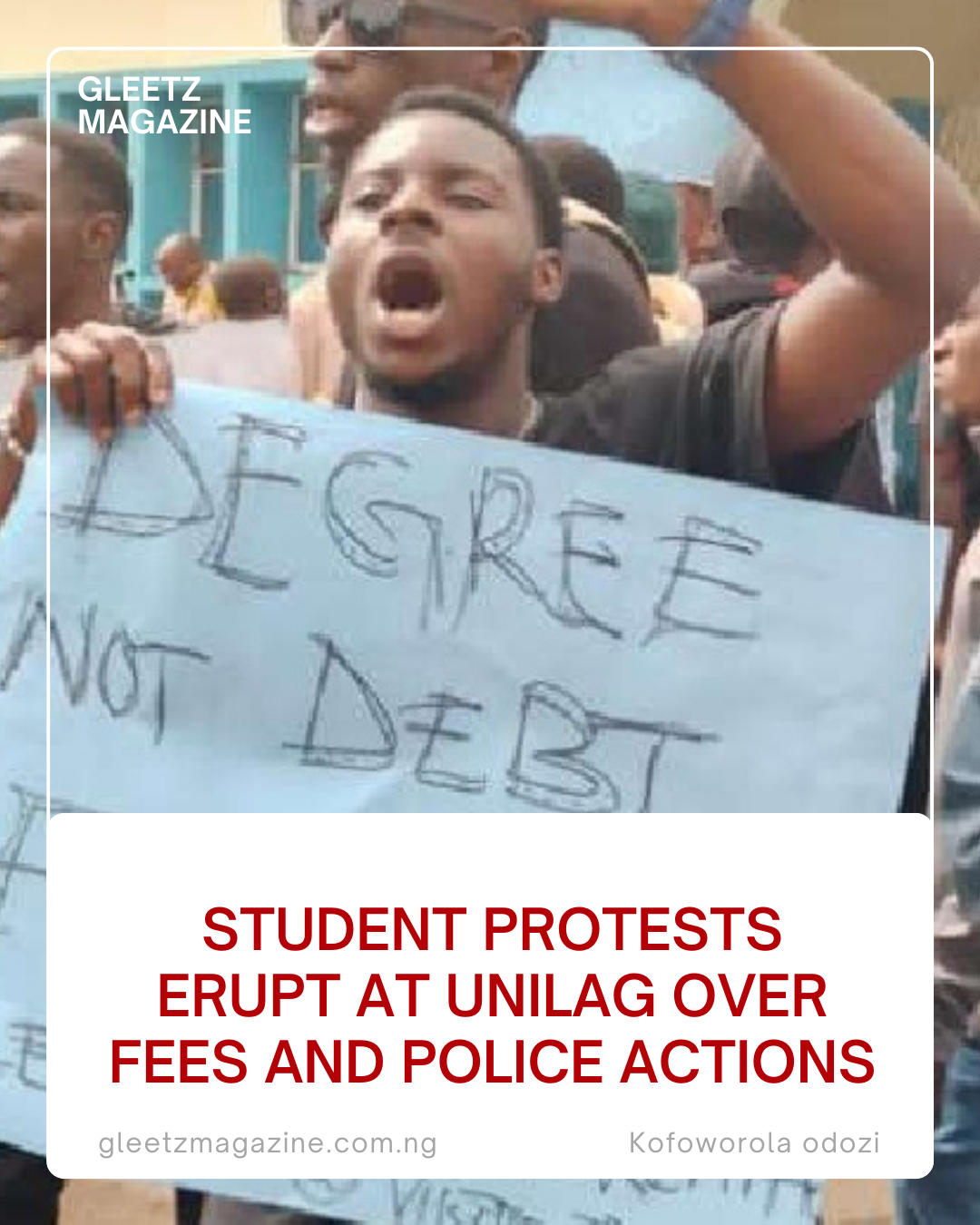In a dramatic turn of events at the University of Lagos (UNILAG), student protests have erupted in response to increased fees and alleged police brutality on campus. The students’ body, represented by the National Association of Nigerian Students (NANS), has issued a stern ultimatum to the university’s management while shedding light on the broader issues facing the country’s education sector.
The unrest began following a disturbing incident on a Wednesday when police officers allegedly fired teargas at student protesters on the university’s premises. The protesters, who were rallying against a recent hike in tuition fees, claimed that some of their executives were not only injured but also arrested during the confrontation.
At the heart of the matter lies the contentious issue of increased tuition fees. The student body asserts that UNILAG’s management had previously promised to reverse the fee hike during a meeting held on August 2. However, they accuse the university’s Vice-Chancellor of failing to fulfill this commitment, prompting their protest.
NANS expressed their disappointment, stating, “Unfortunately, the VC, out of her sheer disregard for the agreement, decided not to honor the decision made at the meeting.” Moreover, they alleged collusion between the Vice-Chancellor and the Commissioner of Police, Lagos State, in an attempt to quell the student protests. Several students, including NANS’ national Public Relations Officer, were reportedly arrested and taken to the police headquarters in Lagos State.
In response to these developments, NANS has given the university’s management a 48-hour ultimatum to immediately reverse the fee increase and refund students who may have already paid the higher fees. They have also issued a warning to other tertiary institutions and unity schools across the nation, cautioning them against increasing their fees. The students’ message is clear: they are prepared to protest any further fee hikes.
NANS has emphasized that the federal government had previously directed institutions to halt tuition fee increments. However, they acknowledge that the challenges of underfunding in the education sector must be addressed.
This incident at UNILAG underscores the ongoing tension surrounding education in Nigeria. Students across the country are increasingly concerned about the affordability and accessibility of higher education. While addressing these issues is essential, it is equally crucial for the authorities to ensure the safety and rights of students who choose to voice their concerns through peaceful protests.
As the 48-hour ultimatum approaches, the nation watches closely, hoping for a resolution that respects the rights and aspirations of Nigerian students while addressing the broader challenges facing the education sector.










